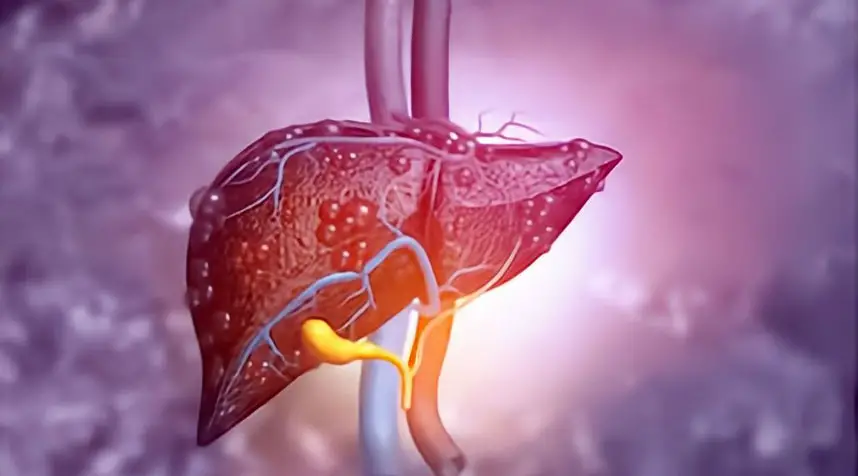
Getting a liver transplant may be the only option in case of your liver condition. However, the procedure comes with its benefits and risks for both the donor and the recipient.
You should be fully aware of these before proceeding with the operation.
Pros of Liver Transplant
Some of the positives of a liver transplant are
1. The Gift of life
Liver transplants can save the lives of patients suffering from end-stage liver disease. It is the only solution remaining for many people with liver cancer. People who have donated their livers can also feel proud of the fact that they have helped someone.
2. Return to normalcy

For many patients, a liver transplant helps them get their lives back. It leads to a better and longer life for those who are deemed suitable for the procedure. Patients feel more energetic to perform daily activities after the transplant. After 8 weeks of the transplant, you can start moderate exercise such as swimming, jogging, and walking. You can even resume activities like holidays and going to work. These activities may not have been possible because of the debilitating effects of your liver disease. Thus, a liver transplant can enable you to enjoy life more.
3. Regeneration of liver

The liver has regenerative capacity meaning it can grow back. If you want to donate a part of your liver, you don’t need to worry as your liver will return to its normal function in about 2-4 weeks after the operation.
4. Costs
In most cases, the cost of liver transplantation is covered by insurance. These include the expenses for surgery, pretransplant evaluations, hospital, and follow-up consultations. Thus, reducing the financial burden of the procedure.
Cons of Liver Transplant
Any kind of major surgical procedure has some complications and risks. You should know about these as a prospective donor or recipient. These include:
1. Pain and Discomfort

After the surgery are common as your incision heals. You may feel fatigued but these symptoms usually do not last for more than 2-3 months. Besides these, some other risks associated with a living donor transplant are:
- Infections may occur at the site of surgery in some donors.
- Bile leakage is also possible in donors but it usually resolves on its own.
- Though rare, organ damage is also a possibility
2. Recovery time and other commitments

Liver transplant is an invasive procedure. It takes some time to recover after the operation. You may have to devote time and effort during the pre-evaluation process as well. After you have been put on the waiting list, it is possible that you may have to wait for days or even months to receive the transplant. There is also a risk of your body rejecting the transplanted liver. This is often controlled by your healthcare provider by giving medicines to suppress the immune system
Avail Liver Transplantation Across the World
| Liver Transplant in Different Countries | Starting Treatment Cost in USD |
|---|---|
| Liver Transplant in India | $25090 |
| Liver Transplant in Turkey | $52710 |
| Liver Transplant in South Korea | $65000 |
| Liver Transplant in UAE | $290000 |
| Liver Transplant in Israel | $350000 |
| Liver Transplant in South Tunisia | $250000 |
Conclusion
The option of a liver transplant should only be presented to you after all other treatments have reached a dead end. By being aware of the benefits and risks of the procedure, you can carefully evaluate its necessity. Also, as a donor, knowing these factors will help you decide if you really want to undergo the procedure.
FAQ’s about Liver Transplant
Yes, it is possible for the recipient to live a normal life after the transplant. Though it is a long process, you can expect to get back to your normal activities after a few weeks.
Infections are one of the most common complications after a liver transplant. These can occur months or years after the transplant. However, these can be easily dealt with by medications.
Usually, about 75% of patients have an average life expectancy of at least 5 years.
In the case of patients who have end-stage liver disease that has led to a failed liver, a liver transplant could indeed be life-saving.
Though a liver transplant is a surgical procedure and comes with its set of risks, the procedure can increase the life expectancy of people suffering from liver failure. According to studies, patients who have undergone a liver transplant have about an 89% chance of survival after one year.
The post What are the Pros and Cons of Liver Transplant appeared first on MediGence.